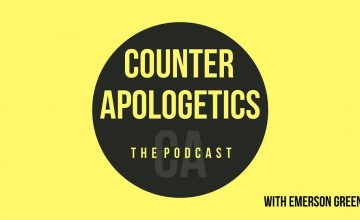We shouldn’t be surprised by a world containing pointless suffering if it’s not set up with the welfare of conscious creatures in mind. But there’s a deeper problem with theism and its demands. Affirming theism requires moral judgments, as it entails endorsing the permissibility of suffering allowed by a benevolent God, which feels like a betrayal of those who suffer, such as animals or children, without apparent justification. I find theistic explanations of evil often shallow or morally insensitive, and I think that belief in God demands either ignoring or excusing suffering, potentially corrupting our moral faculties. Perhaps theism could be morally acceptable only if sufferers themselves understand and approve of their pain’s purpose, but this would require contentious theological commitments like universalism and an animal afterlife, which theists typically reject.
Although our world is ambiguous enough to lead me to agnosticism, I have a much harder time ignoring, excusing, or otherwise downplaying the evidence against theism, since it feels like I’d be doing something morally wrong. In particular, I’d be doing something wrong to those who have paid a terrible price living in creation. Countless animals have suffered horribly in evolutionary history. To affirm God’s existence would be, implicitly, to say “God, who is morally perfect and all-powerful, permitted those things to happen. Ultimately it must be okay that all those animals suffered like that.” One the one hand, I could excuse horrendous evil as no big deal in light of some (implausible) theodicy, which seems wrong — it feels like a betrayal and abandonment of those who suffered. (Not to mention, becoming the kind of person who can excuse it as no big deal would be stultifying. That is, it would be bad for me to dull my moral faculties to that point.) Or I could close my eyes and pretend it’s not there. The answer is “Don’t think about it.” Just look at all the wonderful aspects of creation and sweep the rest under the rug. This route seems morally suspect for the same reasons as the first.
Theism’s demand, it seems to me, is to either close your heart or close your eyes — you can either stop caring or stop looking. That’s the choice I’d have to make when it comes to the suffering on earth. How could I live with myself knowing that I’m doing one or both every moment I affirm the existence of God?
Podcast: Play in new window | Download
